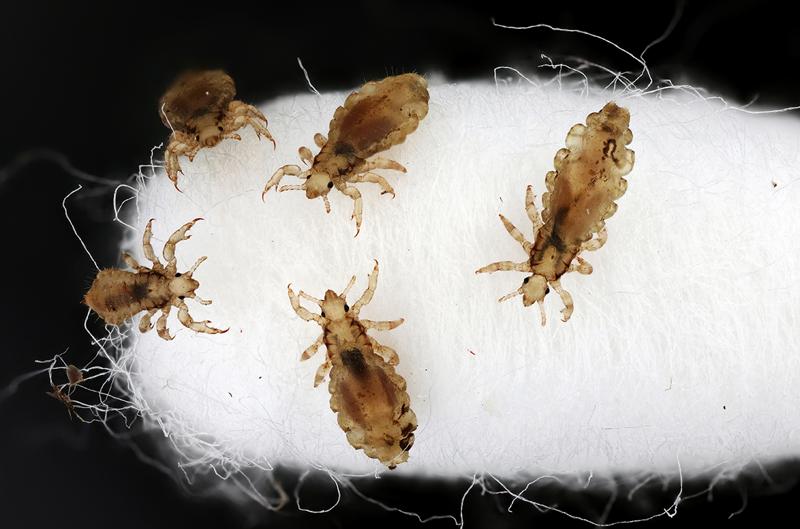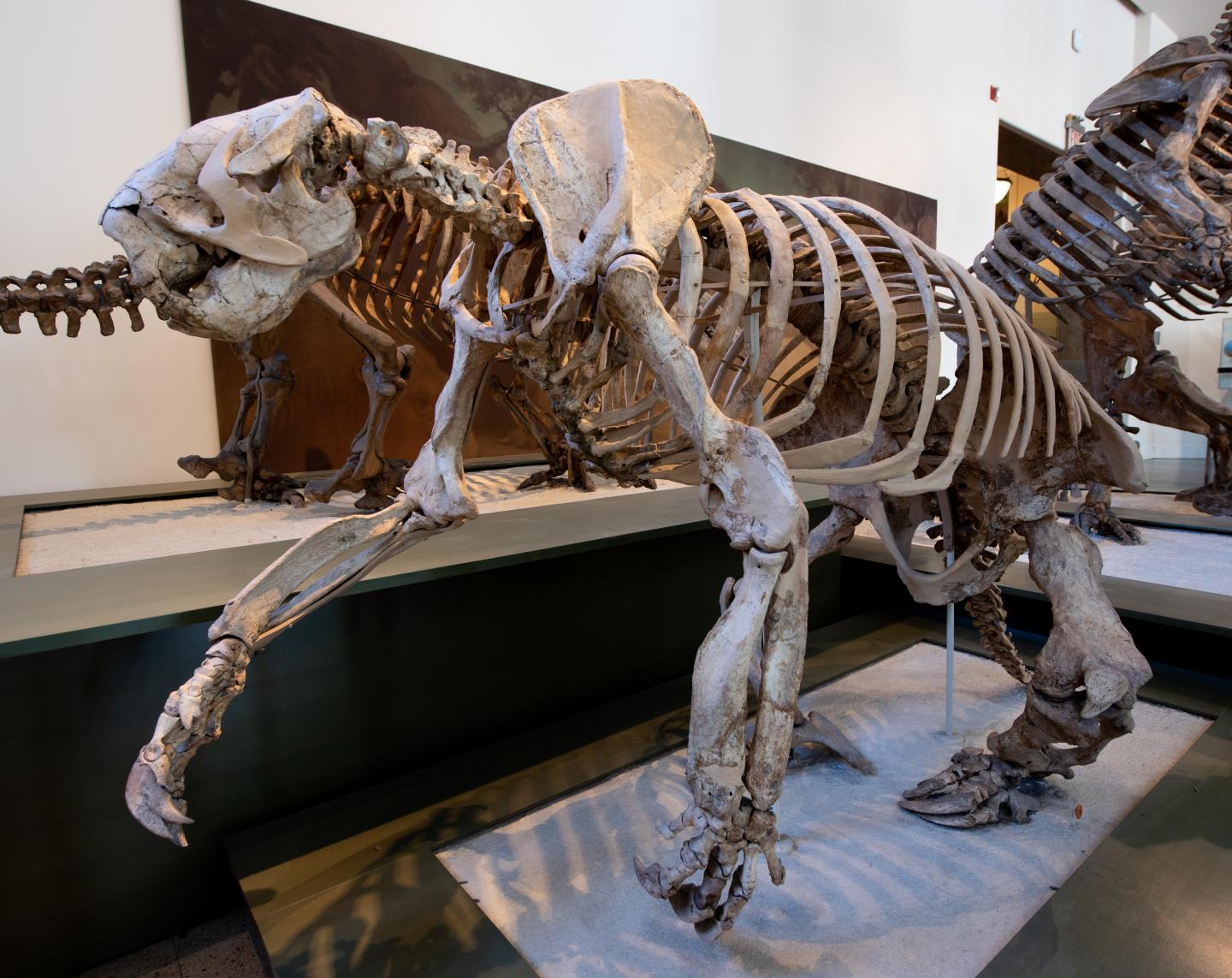Now Reading: Ancient Remains Reveal Bacteria’s Preference for Lice Over Ticks to Infect Humans
-
01
Ancient Remains Reveal Bacteria’s Preference for Lice Over Ticks to Infect Humans
Ancient Remains Reveal Bacteria’s Preference for Lice Over Ticks to Infect Humans

Speedy Summary
- Around 5,000 years ago, the bacterium Borrelia recurrentis switched from being transmitted by ticks to lice.
- This shift coincided with human lifestyle changes, including wool textile adaptation, sedentary living, and urban growth.
- The study sequenced ancient B. recurrentis genomes (dating from 2,300 to 600 years ago) found at archaeological sites in England.
- Researchers observed gene loss in B. recurrentis, making it harder for the human immune system to detect it over time.
- Unlike other louse-borne pathogens (Rickettsia prowazekii and Bartonella quintana), B. recurrentis has specialized exclusively in humans as hosts and vectors through body lice rather than animals.
- Past insights into its transmission potential may advance infection control strategies and help prevent future pandemics.
Indian Opinion Analysis
The findings highlight an intricate link between human societal shifts and pathogen evolution. For India-a nation with diverse climates and densely populated regions-such studies underscore the importance of understanding disease transmission dynamics within historical contexts of urbanization or behavioral changes. India’s ongoing challenges with vector-borne diseases like malaria or dengue further stress the significance of such research toward developing better infection control mechanisms.
Moreover, pinpointing how environmental factors drive bacterial adaptation can offer valuable lessons for preparedness against emerging epidemics – particularly crucial given India’s need for robust public health frameworks. This study serves as a reminder that scientific inquiry into ancient pathogens is not only historically enriching but also critical for devising forward-looking global health strategies.Read More

























